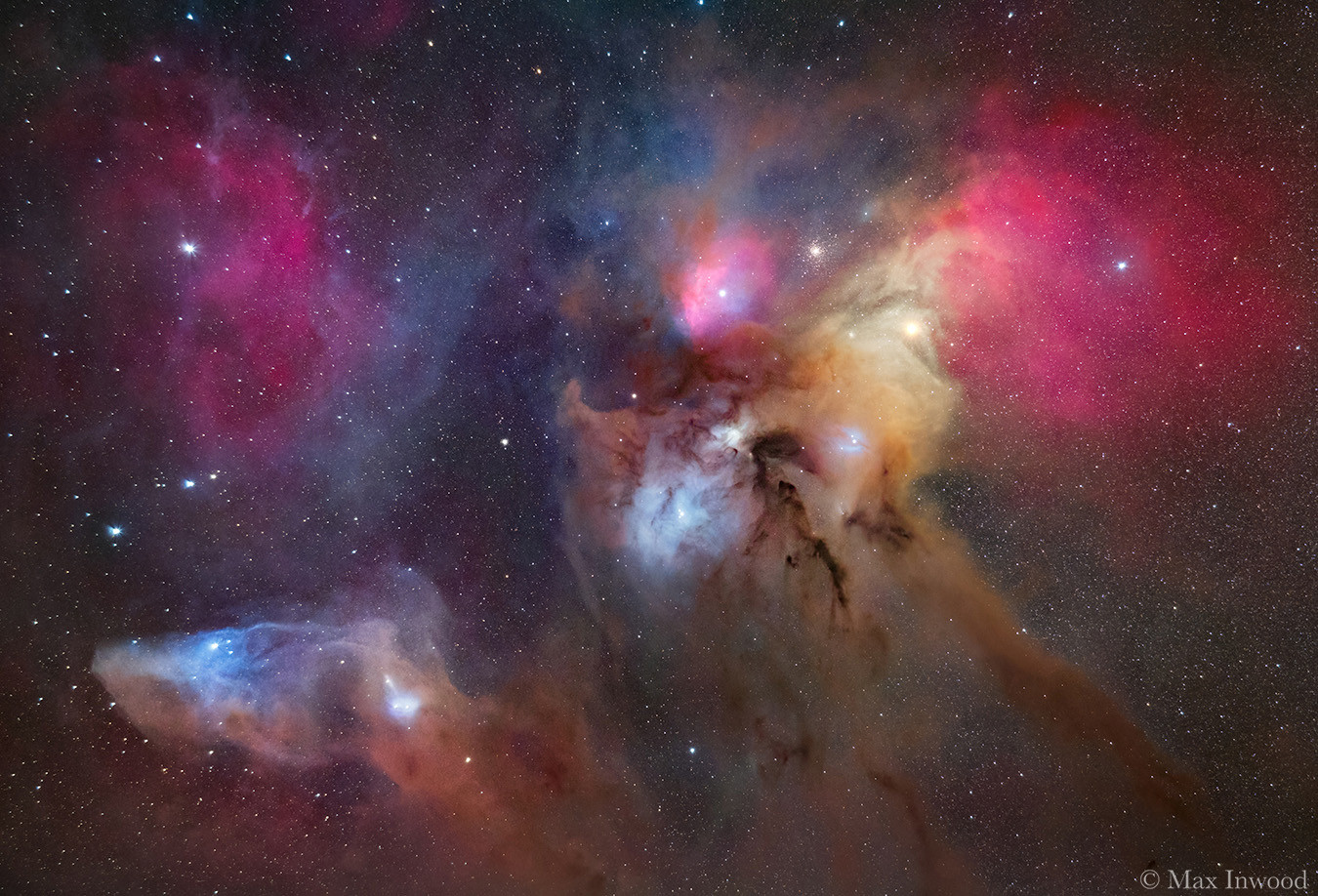My name is Pau Montplet, I'm writing to you from Breda, Catalonia, Spain.
I share my progress and images on my Instagram (@astro_breda)
It is a pleasure for me to be able to show you my best image of the planet Saturn (2024-08-12).
Night with perfect seeing conditions.
The equipment used was an 11" aperture Schmidt Cassegrain and a dedicated planetary camera, with other mechanical and optical accessories.
Processed with Autostakkert, Astrosurface and WinJupos
Credits: Pau Montplet Sanz @astro_breda
Location of capture: Breda, Catalonia, Spain.
Date of Capture: 2024-08-12
Best regards!
Pau M. S.
 The Ringed Beauty, Saturn by Pau Montplet Sanz, en Flickr
The Ringed Beauty, Saturn by Pau Montplet Sanz, en Flickr The Ringed Beauty, Saturn (named version) by Pau Montplet Sanz, en Flickr
The Ringed Beauty, Saturn (named version) by Pau Montplet Sanz, en Flickr



